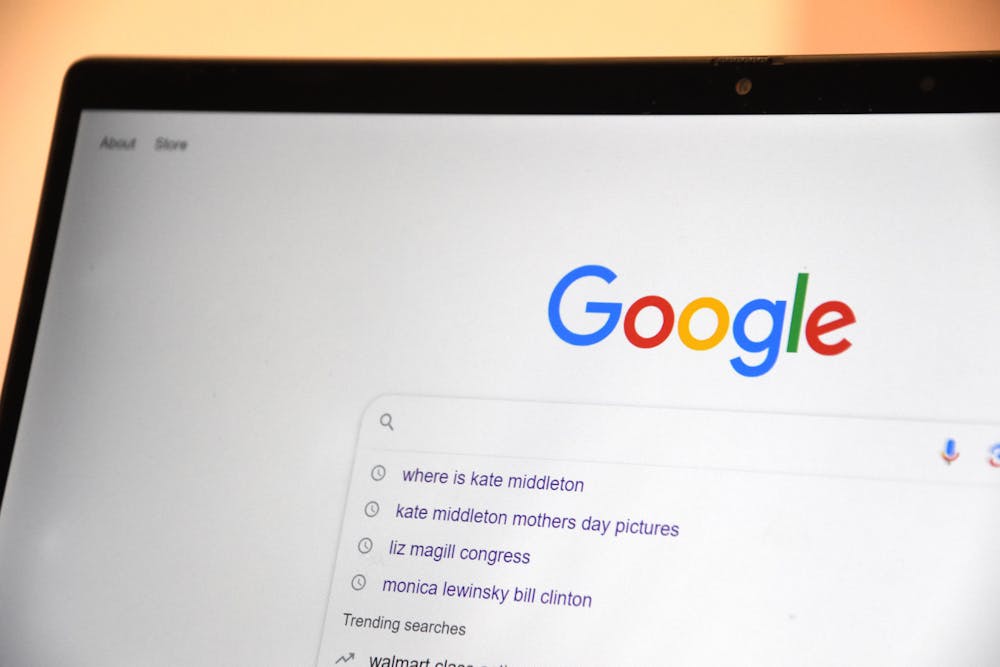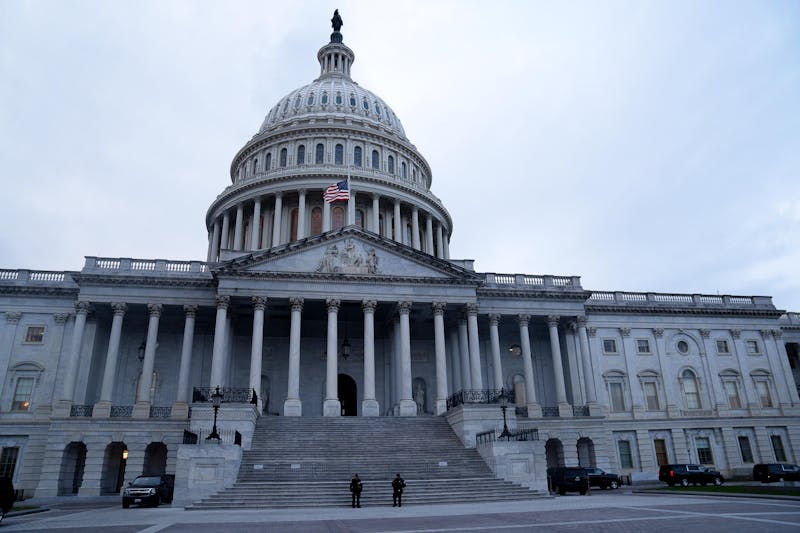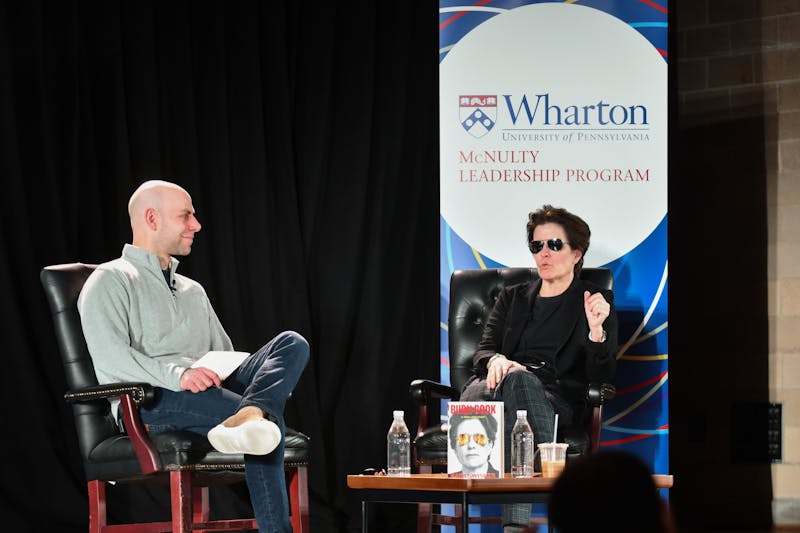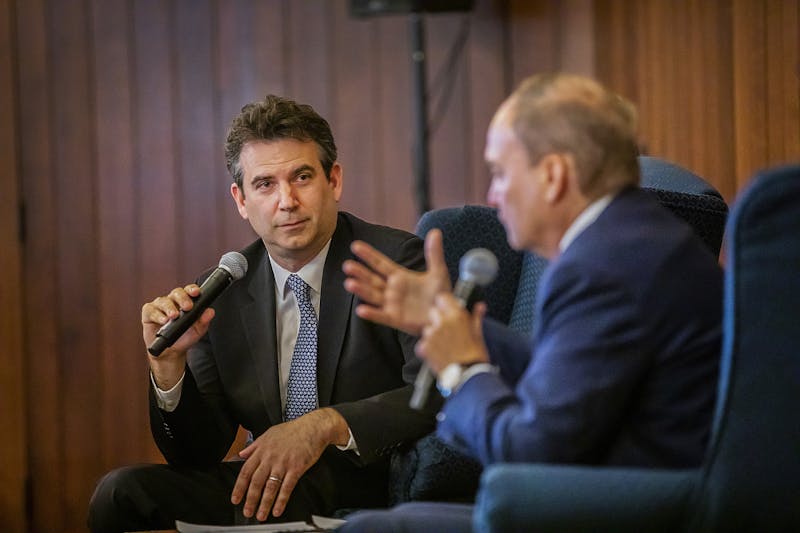
This is an official apology to the Princess of Wales.
The complex relationship between celebrities and surveillance is well established. Losing your privacy comes with the job title, and while it may be worth the wealth and success that follows, oftentimes one has to admit that it becomes dehumanizing. Celebrity lives are seen as communal, almost, their secrets required to be a Google search away. As privileged as celebrities are, one privilege they definitely lack is that of privacy.
Kate Middleton’s disappearance from the spotlight during these last few weeks led to intense scrutiny of her life and whereabouts. After Kensington Palace announced that she underwent abdominal surgery in January, she had been keeping a low profile. Even though the royal family confirmed that Middleton was "unlikely" to resume her normal public duties until Mar. 31, her exit from the public eye triggered a mass social media reaction, our feeds blowing up with theories of her absence, ranging from Prince William’s alleged affair to Middleton's own planned death.
On Mar. 10, the speculation reached a climax — Middleton’s Mother's Day photo with her kids was proven to be heavily retouched. Immediately the Press Association, the most reliable newswire concerning the Royal Family, and many other international media outlets killed the photo from their service. The next day, she apologized to the public on X, formerly known as Twitter: “Like many amateur photographers, I do occasionally experiment with editing,” the statement began. Unfortunately, her excuse was not enough to dispel any rumors. Her privacy went from disrespected to completely invaded with the breach of her medical records at The London Clinic, as reported by The Daily Mirror.
Just 11 days later, Middleton broke her silence, announcing on video that her absence was due to cancer. The extreme conspiracies that followed her break from the public succeeded in forcing her hand, pressuring her to broadcast her illness to the world.
The Middleton scandal sounds all too familiar — it mirrors the same surveillance of many other female celebrities. In fact, their lives are dug apart in a way that male celebrities’ aren’t. A publicist with clients such as Ben Affleck and Barbra Streisand even explained that "women get rougher treatment" in the media "without a doubt."
For example, when an old video of Heath Ledger surrounded by drugs at a party was dug up by Entertainment Tonight after his death by accidental overdose, the producers did not broadcast it to respect his family. However, The Sun did not hesitate to publish images of Amy Winehouse smoking cocaine and admitting to taking Valium. Likewise, the reaction to Kiefer Sutherland's release from jail after a 48-day sentence for a driving under the influence case was mild in comparison to the harsh response to Paris Hilton's 45-day sentence for a similar crime. Going back to the royal family, there is much more online criticism of Meghan Markle than Prince Harry.
In fact, harsh media treatment of female public figures exists — or, existed — right here on our campus: former Penn President Liz Magill. Last semester saw the end of her career at the University, encapsulated by mountains of critical articles by newspapers and magazines, nasty online comments, and of course, the infamous SNL sketch that mocked her testimony before Congress. The ruthless treatment of Magill by the media sped up the already fast decline of her image, having helped set a hostile public attitude against her.
Combating surveillance is a difficult task, yet some women are spearheading the movement to take back their image from the hands of sexist media. One great example is Monica Lewinsky, whose reputation was destroyed after her affair with former President Bill Clinton was exposed. This year, Lewinsky became the face of the "You've Got the Power" campaign by the fashion brand Reformation. She has finally made headlines on her own terms, redefining herself as a political figure in her own right as the ambassador of a campaign that encourages voting. Through this, Lewinsky is beginning to tear down the image of her as just a "ditsy, predatory White House intern who might have lied under oath for a job at Revlon" as described by The New York Times in 1998.
However, surveillance culture doesn’t just affect celebrities; in fact, it is present in our daily lives too. We all know that many social media platforms exploit our data for profit, yet the data sold has different consequences for women. It is estimated that 50 million women worldwide use period-tracking apps, which collect extremely personal information beyond your period dates, such as whether you have experienced a miscarriage or are trying to get pregnant. This medical data could affect things like how much you are paying for life insurance or even how you are treated in the workplace, without you knowing. As femtech, or women’s health technology, grows — with a predicted value of $50 billion by 2025 — women’s surveillance becomes more dangerous. Unlike medical records, health apps are not covered by the Health Insurance Portability and Accountability Act, meaning companies have more freedom to choose what they want to do with your data, whether it's sharing it to create personalized ads or tech firms.
Privacy is a right not just for celebrities, but for all of us. However, data exploitation hurts women differently than men. We need to start practicing better media literacy as well as consider societal prejudices before slapping judgment on female stars, who suffer particularly hard under the burning gaze of the public eye.

CHLOE CHEN is a College first year from Vancouver, B.C. Her email is chloeec@sas.upenn.edu.
The Daily Pennsylvanian is an independent, student-run newspaper. Please consider making a donation to support the coverage that shapes the University. Your generosity ensures a future of strong journalism at Penn.
Donate












